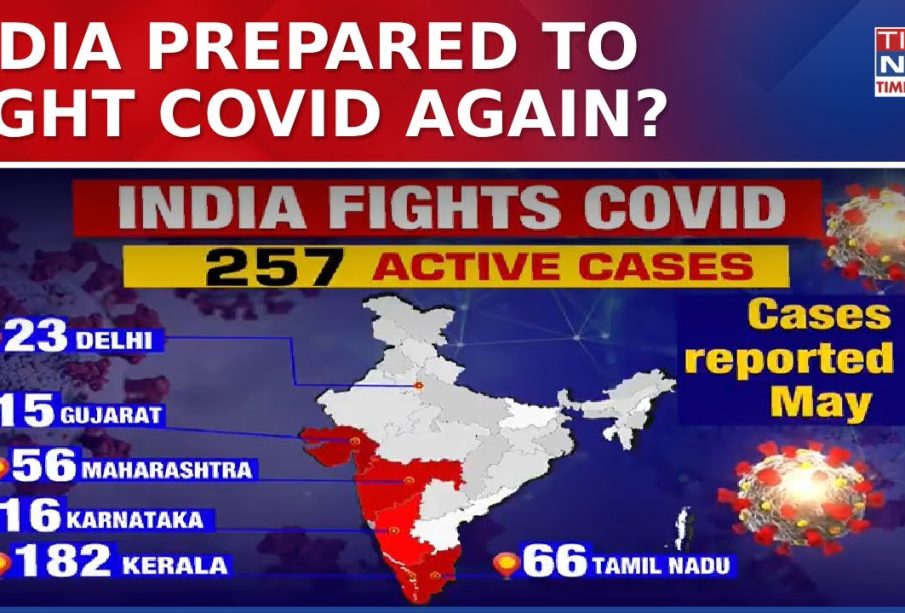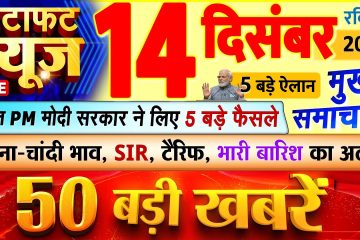Current COVID Cases in Delhi: Important Updates

Introduction
The ongoing situation regarding COVID-19 in Delhi remains a focal point for health officials and residents alike. As cities worldwide continue to navigate the pandemic, Delhi faces fluctuations in COVID-19 cases, making it essential for the public to stay informed. Understanding the current trends not only aids individuals in protecting themselves but also helps in comprehending the overall situation regarding public health in the capital.
Current Statistics
As of October 2023, Delhi has seen a slight uptick in COVID-19 cases, with the Health Department reporting an average of 150 new daily infections over the past week. This trend comes after a significant decrease in cases earlier in the year, and health officials believe this rise may be attributed to various factors, including waning immunity in the population and the emergence of new variants.
Hospitalization rates have remained stable, with an occupancy of around 10% in dedicated COVID-19 facilities. Authorities have urged residents to remain vigilant, especially among vulnerable populations, including the elderly and those with pre-existing health conditions.
Government Response and Safety Measures
In response to the rising cases, the Delhi government has re-emphasized the importance of vaccinations and booster doses. Public health campaigns are being launched to encourage residents to get vaccinated, especially with the winter months approaching. Masks are recommended in crowded spaces, and there have been calls for the promotion of basic hygiene practices.
Furthermore, testing remains accessible with multiple testing centers across the city actively screening residents. Increased surveillance, particularly in hotspots, has also been instituted to help control the spread of the virus.
Community Impact and Future Outlook
As businesses and schools continue to operate, the community’s response to rising COVID-19 cases has been mixed. While some individuals remain cautious, adhering to safety protocols and vaccine measures, others show signs of pandemic fatigue, leading to a divide in how different sections of the population are responding to the situation.
Experts predict that while occasional spikes in cases may occur, a robust vaccination campaign coupled with public awareness can significantly mitigate severe outcomes. The importance of community cooperation, continuous monitoring, and quick response from health authorities remains crucial for keeping the situation under control.
Conclusion
The evolution of COVID-19 in Delhi is ongoing, and the health of the population remains a top priority. Residents are encouraged to stay updated, follow safety measures, and participate in vaccination drives. As Delhi navigates through these challenging times, proactive engagement at all levels will be key to preventing future surges and maintaining public health.









